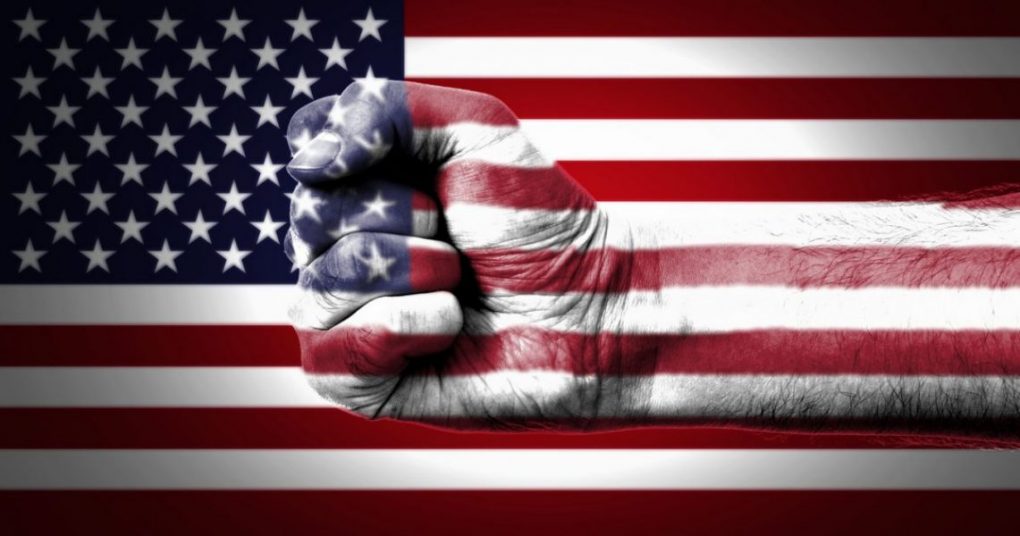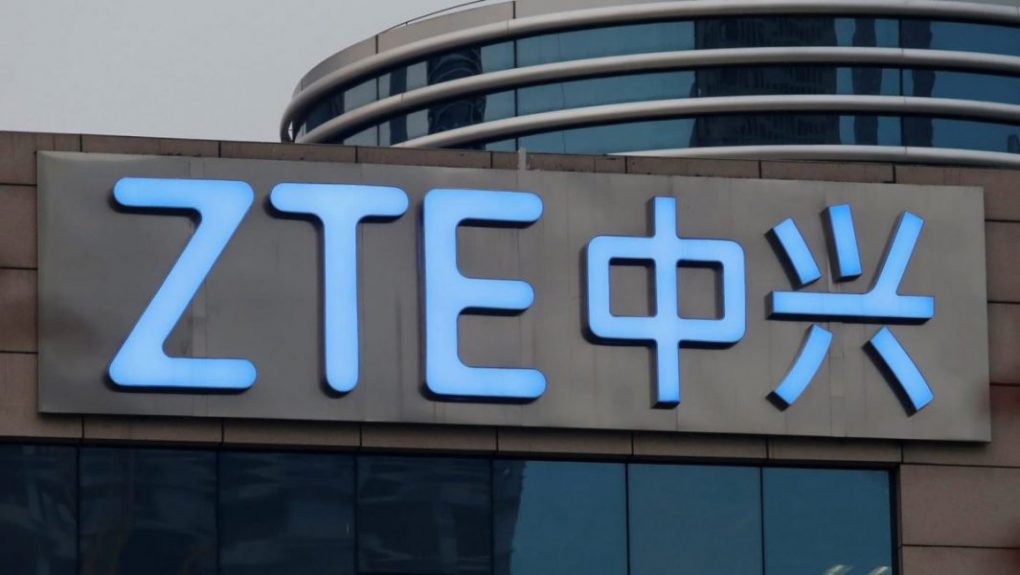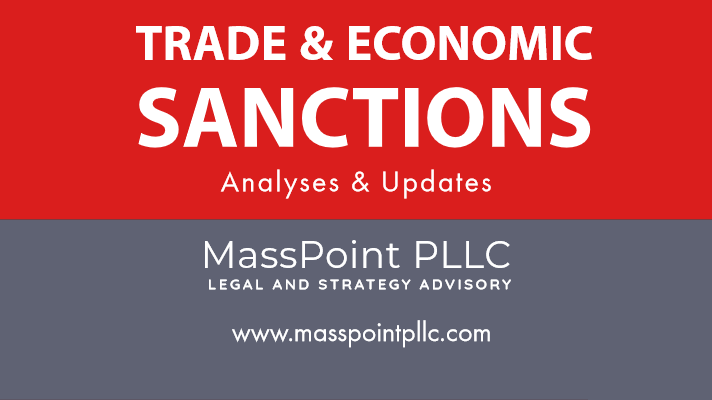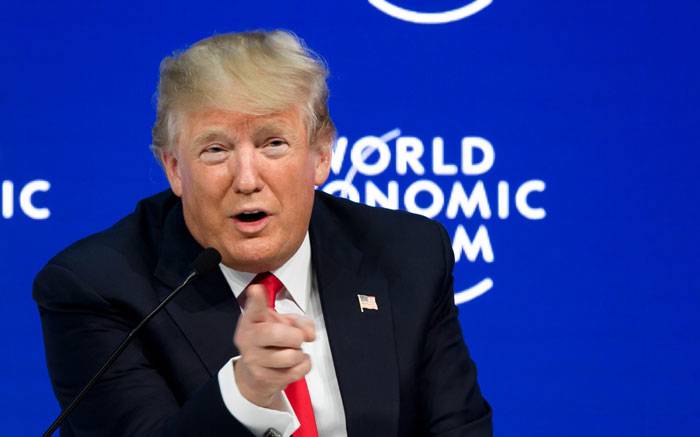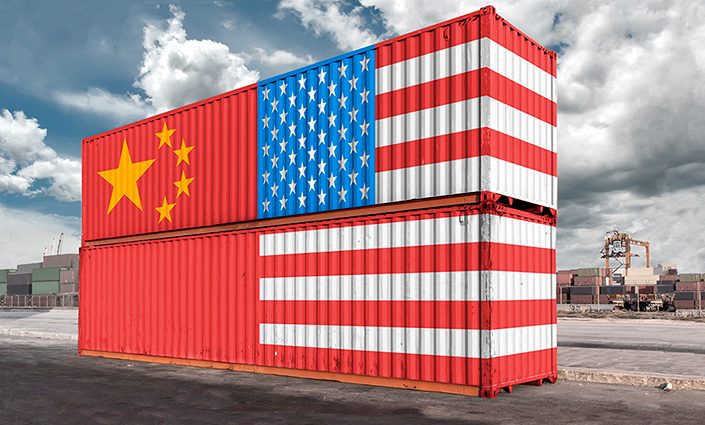Tech Wars: Restrictions on Foreign Access to U.S. Technology
Measures to curb foreign access to U.S. technology have taken and will likely take various forms that will cut across industries and legal disciplines. Among them, as discussed below, are restrictions on foreign access to and influence on U.S. technology through (1) foreign investment, (2) supply chain exclusions, (3) limits on participation in academic and other research, (4) legal or political curbs on U.S. technology access or transfers through third countries, and (5) countermeasures against foreign control of raw materials essential to technological manufacturing and innovation.


